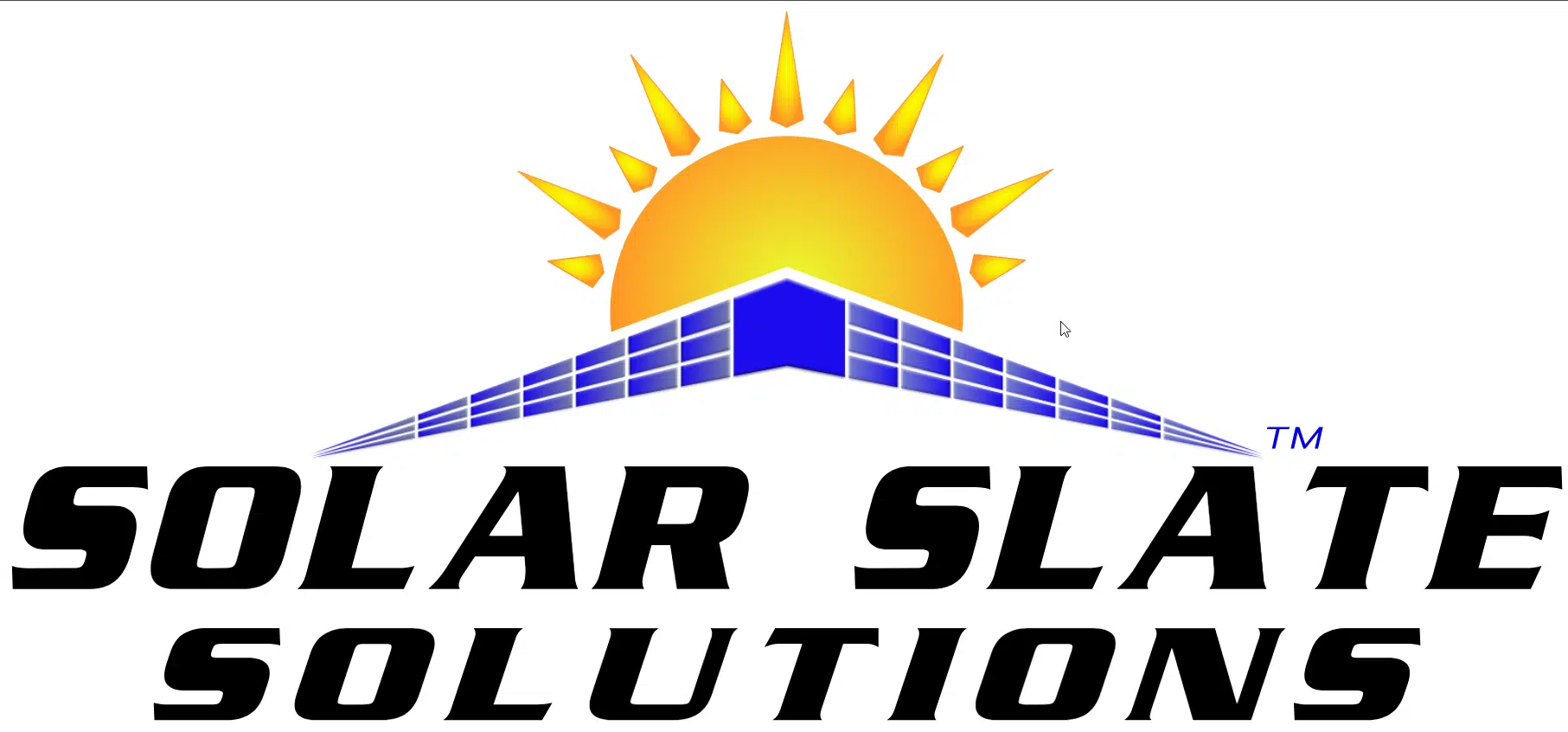If you’ve noticed that your paycheck just isn’t going as far as it used to, you’re not alone. US Inflation rates are rising, causing many average Americans to experience increased difficulty paying for groceries, home heating, medicine, and other necessities of life.
Choosing Solar to Control Home Energy Costs
There’s a great deal of volatility in the world, which can impact the price of energy derived from fossil fuels. In other words, it costs a lot more for the fuel to run the generators that create power, and the utilities are passing that extra expense along to you.
The sun shines every day, and it doesn’t charge us for it. By having solar panels installed on your home, you can reduce the amount of power you purchase from local utility companies. In fact, if your solar system is providing more power than you can use, your local utility company will buy that excess power from you. This helps reduce the amount of fossil fuels being used to create energy locally, improving the health of the planet.
How much money can you save by switching to solar power? For the typical home, the savings come to about $1,500 annually. To determine how meaningful this is for you, take your average monthly bill and multiply it by 12. This will give you your annual cost of energy. For most people, a $1,500 annual savings will bring their annual energy costs down 80-90%.
What would you do with an extra $1,500 in your budget? For families who have had difficulty with increasing food, healthcare, and childcare expenses, having an extra $1,500 provides assistance in meeting these needs. If you don’t need the money right away, keeping it in the bank against future emergency expenses is a good idea. Going solar is one way to improve your household finances – and there are some very significant tax credits available to help make it even more affordable!
